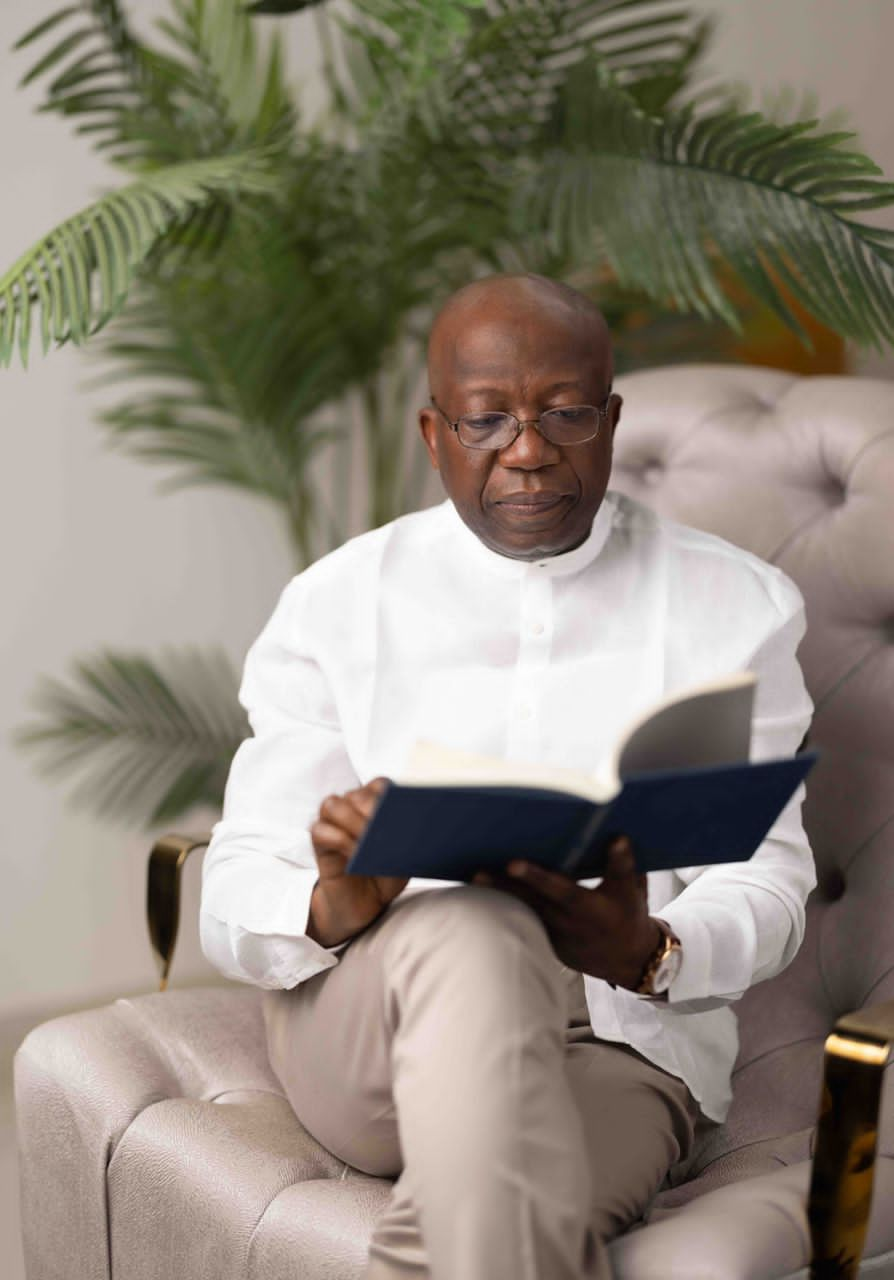
In the warm heart of Kwara State, a young boy once stood at the edge of possibility — curious, determined, and brimming with questions about the world around him. That boy, born about six decades ago in the serene landscape of Kwara, would grow to become one of Nigeria’s most cerebral leaders and a shining example of how intellect, integrity, and discipline can take a man from modest beginnings to the national stage. That boy was Abubakar Olanrewaju Sulaiman, fondly known today as Prof. Amana — a name that connotes trust, character, and enduring leadership.
His story is a gentle reminder that greatness is not a product of privilege, but of purpose. Raised in a family that prized honesty and education above material gain, young Abubakar’s formative years were steeped in discipline and deep faith. His parents, respected in their community for their uprightness, instilled in him a simple creed — to serve humanity and never forget his roots. The dusty roads of Kwara became his first classrooms; the voices of elders and teachers, his earliest textbooks.
Even as a child, he possessed a sharp mind and an insatiable appetite for knowledge. Those who taught him would often recall how he stayed behind after lessons, asking probing questions about society, governance, and fairness. He was not content with surface answers; he wanted to understand why people suffered, why systems failed, and what could be done to make life better for the common man. That inquisitiveness marked the beginning of a lifelong journey toward intellectual leadership.
As he advanced through his early education, it became clear that Amana’s brilliance was destined for more than the boundaries of his hometown. His performance in school was stellar, earning him respect among teachers and peers. But beyond academic excellence, what stood him apart was his humility and quiet leadership. Whether it was helping classmates grasp difficult lessons or mediating disputes, he exhibited the natural instincts of a bridge-builder — a quality that would later define his life in academia, governance, and politics.
The socio-political climate of Nigeria during his youth also shaped his worldview. Growing up in a time of both national promise and political upheaval, young Abubakar saw how mismanagement and lack of vision stifled potential. Instead of discouraging him, it fueled his resolve to be part of the solution — to contribute ideas and leadership that would uplift his people and strengthen Nigeria’s democratic foundation.
His journey from those early years in Kwara to the corridors of national power was neither accidental nor rushed. It was the result of discipline, prayer, and an unwavering belief that education is the true pathway to service. Those who knew him as a boy often speak of his focus — a rare quality that allowed him to resist distractions and stay anchored to his dreams. In his formative years, the traits that would later define the man — intellect, empathy, vision, and courage — were already visible.
Today, when people speak of Prof. Amana as a national figure, they often see the accomplished professor, the reformist administrator, or the visionary leader at the helm of NILDS. But behind that towering public image lies the story of a young boy who sacrificed every distracted materialistic things to pursue his utmost goals, guided by faith, family, and an unbreakable conviction that one can rise from anywhere to make a difference everywhere. His journey reminds us that true greatness is forged not in comfort but in the crucible of humility, discipline, and service.
As the countdown to his 60th “Diamond Birthday Anniversary” continues, it is only fitting to begin where it all started — with the roots that shaped the man, the values that grounded his greatness, and the early life that gave birth to one of Kwara’s and Nigeria’s most respected sons. The story of Prof. Abubakar Olanrewaju Sulaiman (Amana) is not merely a biography — it is a testament to how character, consistency, and conviction can turn a young dreamer into a national treasure







